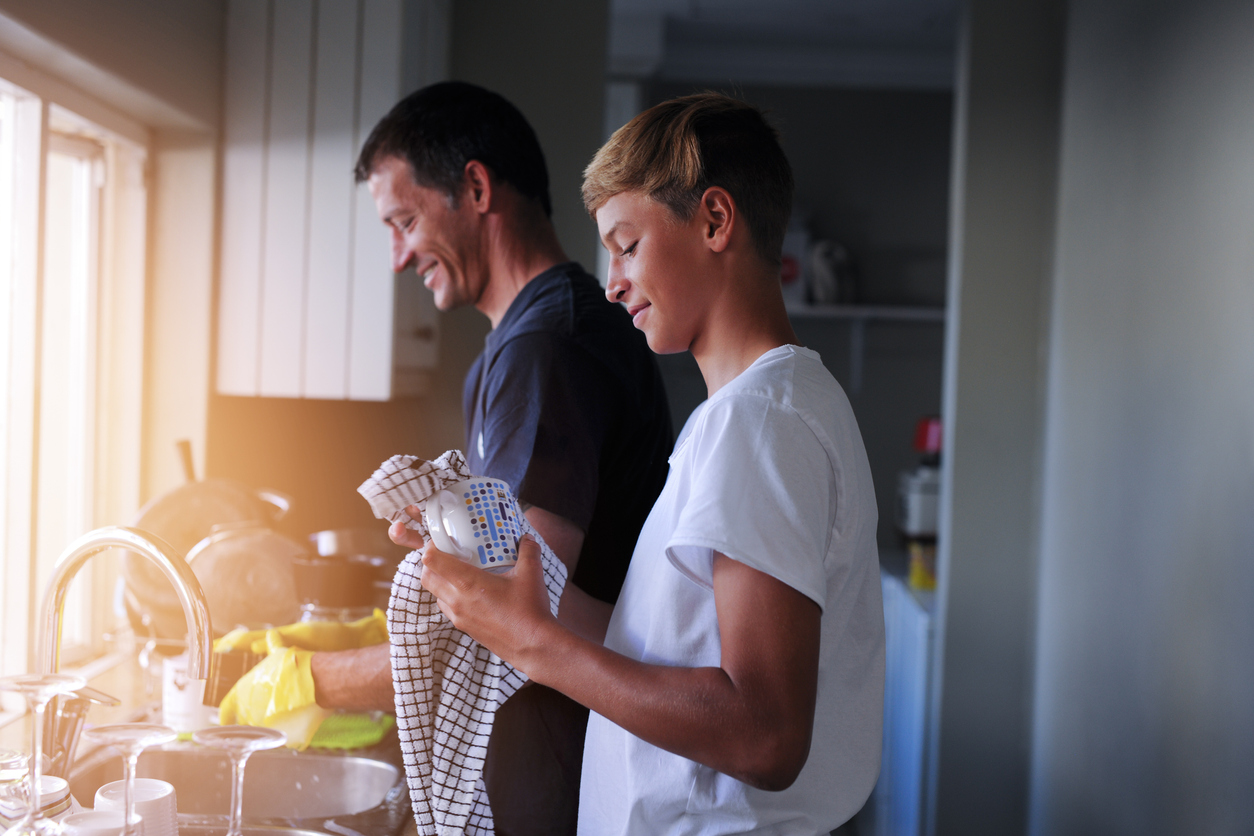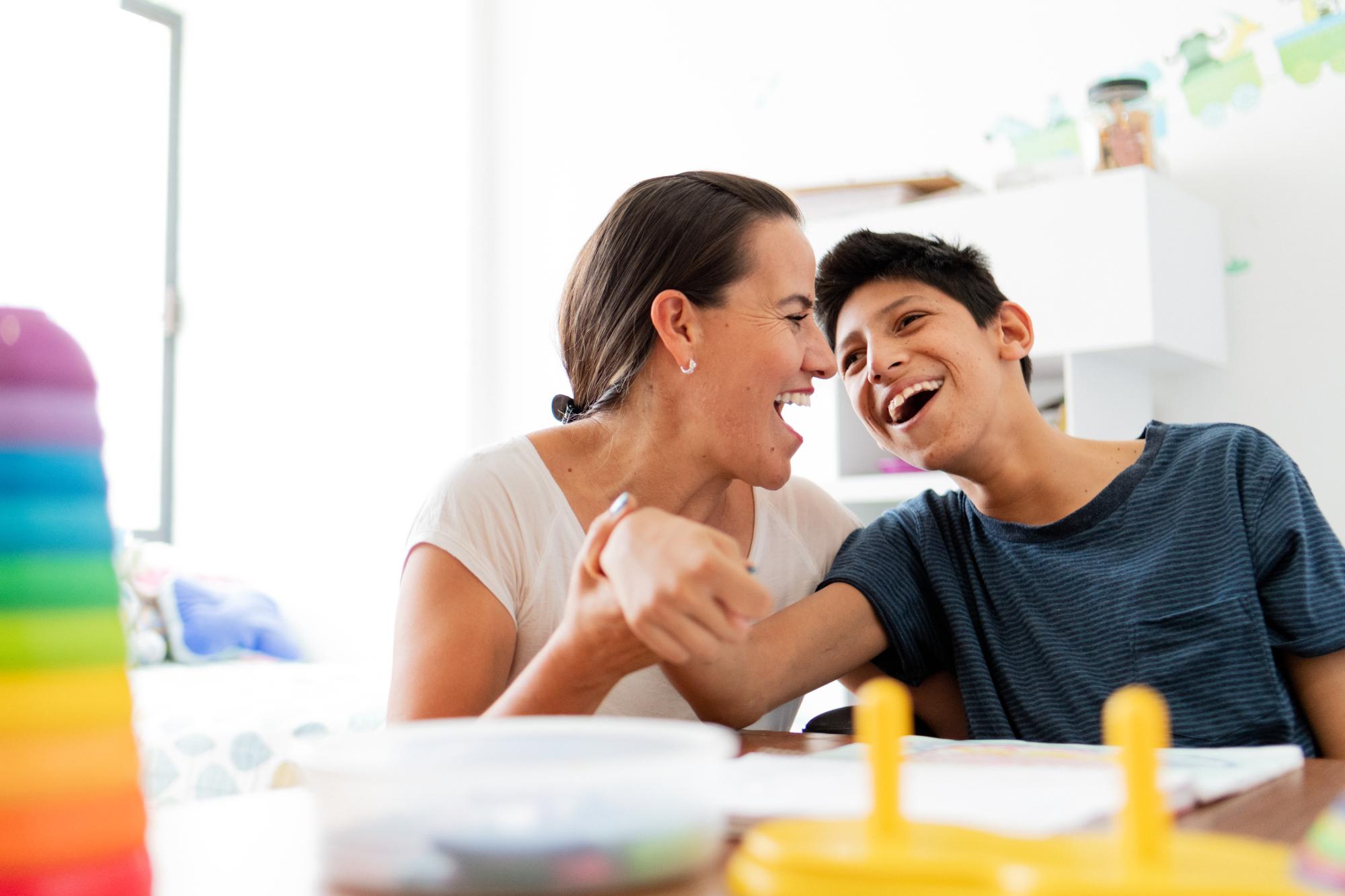Top 20 tips for talking about sex

Tips for talking
~ 1 ~
Talk soon
Start talking about bodies from birth.
Talk about puberty and respectful relationships.
Discuss topics long before your child is going to experience them.
Practise talking about sexual matters before your children reach an age where they may be reluctant to discuss the topic.
~ 2 ~
Talk often (listen too)
Cover the same subject lots of times. Little and often - you don't need to have a "big conversation" every time.
A general pattern of openly 'chatting' about sex and relationships will stick and create a feeling of closeness and comfort to talk about anything.
~ 3 ~
Two way talk
Gone are the days of the one-off 'birds and the bees' lecture.
Good communication is lots of conversations, sharing ideas, experiences and questions.
~ 4 ~
It's not all about sex
It's about bodies, babies, growing up, love, sexual expression, feelings, treating each other with respect, personal values, decisions and relationships.
~ 5 ~
Don't wait for your child to ask questions
They might never ask, and they still need to know.
If they haven't said anything to you by the time they are 10, then shyness or embarrassment is likely to stop them fro this point onwards.
Create conversations - use books, characters in TV shows, stories from your own life.
~ 6 ~
Answer questions honestly and simply
Just a little bit of information is OK because you can always come back to it (and you should).
If you haven't given enough information, most kids will ask more questions.
~ 7 ~
You don't have to have all the answers
If you don't know how to respond to a question, it's OK to say so.
Keep communication open with something like,
That's a good question. I don't know how to answer it. We can find out together.
~ 8 ~
Use teachable moments
Use media, movies, news events, songs and family events to introduce topics and discuss values
(e.g. an unplanned pregnancy on a TV show can be a good way to talk about the importance of contraception).
~ 9 ~
Use the correct words
Practise saying these words out loud: vulva, vagina, clitoris, penis, testes, scrotum, breasts, nipples.
Get used to using the proper names for sexual body parts right from the start.
That doesn't mean you can't use the words 'boobs' or 'willy', but it helps you and your child to be more matter of fact about these issues.
~ 10 ~
Make reliable information available
Leave books around that have accurate information.
Share reliable websites and video clips.
Help your child to determine what information is real and what is fake on social media.
~ 11 ~
Be a 'tellable' parent
Show you are approachable by raising the topic, be unshockable (pretend if you have to), and listen.
~ 12 ~
Trusted network of adults
Ask your child to think of other adults they might like to talk to about these topics:
aunts / uncles, grandparents and older siblings can be great sources of support.
~ 13 ~
Make it less awkward
Offer times to talk that don't require a formal sit-down.
Start a conversation in the car or washing the dishes to that you can talk without eye contact (this also helps to give the chat a finite time so that it is not too 'heavy').
Send your teen a message with a link or post you'd like them to look at and offer them the chance to come to you with questions (don't tag them in posts that their friends can see too!).
~ 14 ~
It's OK to laugh!
Sex and bodies can be funny for both you and your child.
It's OK to laugh, to admit you are embarrassed (but determined) and to say,
I don't have all the answers, but I do know where we can get reliable information.
~ 15 ~
You are not alone
There are lots of supportive services and websites that can help you and your child.
Remember to look at the Resources Chapter and the bottom of each page for links.
~ 16 ~
Support your school's Relationships and Sexuality program
Find out what your child is learning about at school and use this to continue conversations at home.
~ 17 ~
Teach them about contraception and condoms
Share your family values about sexual behaviour but make sure they have factual information on how to best protect themselves should the need arise
~ 18 ~
Show them how to access services
Concerns about confidentiality can stop young people accessing services.
Show them how to get their own Medicare card (at 15 years old).
Explain that their My Health Record becomes confidential to them at 14 years old.
Show them how to use local and online services.
~ 19 ~
Be inclusive, respect diversity
Remember that about...
5 to 20% of people are same-sex attracted10
4% are gender diverse10
1.7% intersex.22
~ 20 ~
It's never too late to start
Children will learn about sex with or without you.
It's better to get information from a trusted adult rather than online or from friends.
It doesn't hurt to say,
I wish we chatted about this a long time ago, but here is something I really want you to know ...?

If you need support:
You might also be interested in:
Relationships, sex and other stuff, Growing and developing healthy relationships
Yarning tips, Yarning tips
Young Deadly Free, Sexual health resources for Aboriginal and Torres Strait Islander communities.
Talking to your teen about safe sex, Kids Helpline
Boy puberty: how to talk about puberty and sex with your tween boy, by Cath Hakanson For parents of boys aged between 9 and 13.
For goodness sex: changing the way we talk to teens about sexuality, values, and health, Al Vernacchio (USA) Sex education for parents and teens promoting healthy sexuality, values and body image in young people.
The sex education answer book: by the age responses to tough questions kids ask parents about sex, Cath Hakanson Age appropriate answers to questions about sex for parents of kids aged 3 to 14.